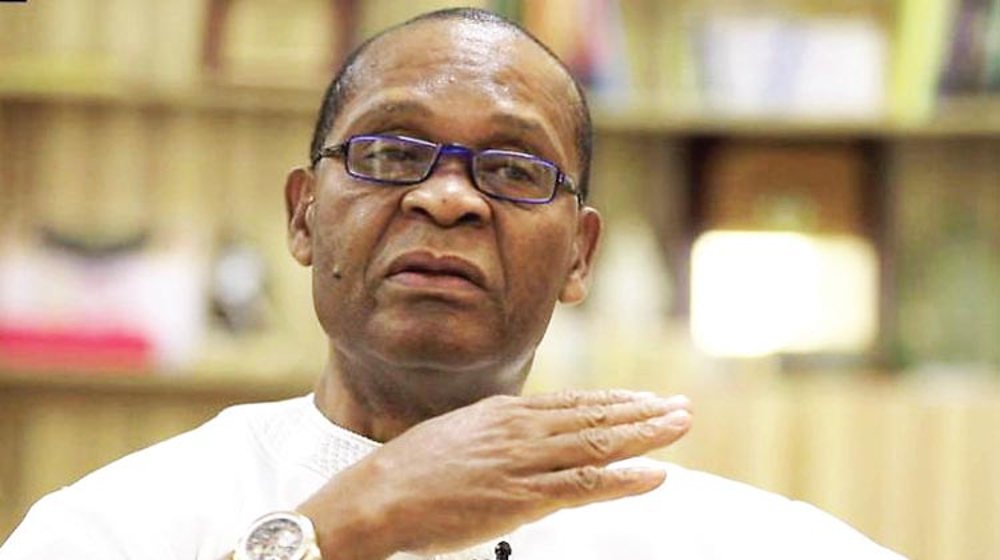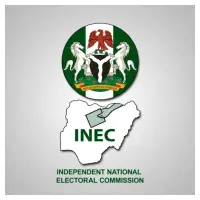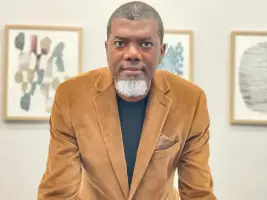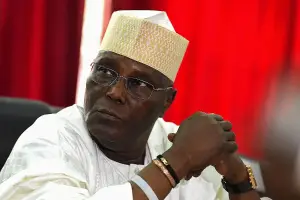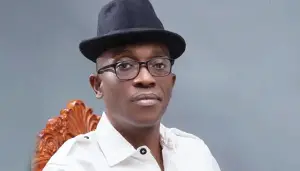A chieftain of the All Progressives Congress (APC), Joe Igbokwe, has made controversial claims that Ndigbos are responsible for the deteriorating security situation in the South-East region of Nigeria, not Fulani herdsmen as widely alleged.
In a post on his official Facebook page on Thursday, Igbokwe strongly refuted allegations against Fulani herdsmen, who have been widely accused of perpetrating killings and kidnappings across the region.
"The blatant and pathological lies about the killings and destruction in the South East can no longer stand," Igbokwe wrote. "It is Igbo killing Igbo, it is Igbo destroying Igboland and putting the blame on Hausa/Fulani Herdsmen. This is not our culture. This is sad."
Igbokwe's comments come amid escalating security challenges in the South-East, with recent incidents resulting in multiple casualties across Imo, Anambra, and other states in the region.
Rising Violence in the South-East
The security situation in the South-East has significantly deteriorated in recent months. A notable recent case is that of Anambra businessman Ifesinachi Onyekere, popularly known as "Fish Magnet," who was found dead on Wednesday after being kidnapped from his residence in Ezinifite community in Okpuno, Awka South LGA of Anambra State.
Following the tragic incident, social media personality Martins Otse, widely known as VeryDarkMan, has announced plans to organize a candlelight procession in Anambra State to honor the late fish farmer.
Igbokwe's statements have sparked mixed reactions, particularly as they come at a time when the South-East is grappling with complex security challenges that many regional stakeholders attribute to various factors, including alleged activities of armed herdsmen, unknown gunmen, and separatist agitators.
The APC chieftain has previously made controversial statements regarding South-East politics and security, often generating significant debate among Nigerians, particularly those from the Igbo ethnic group.
Stay connected with BenriNews for more updates on this developing story and other important news across Nigeria and Africa. Follow us on Facebook, Twitter, LinkedIn, WhatsApp, and Telegram.

